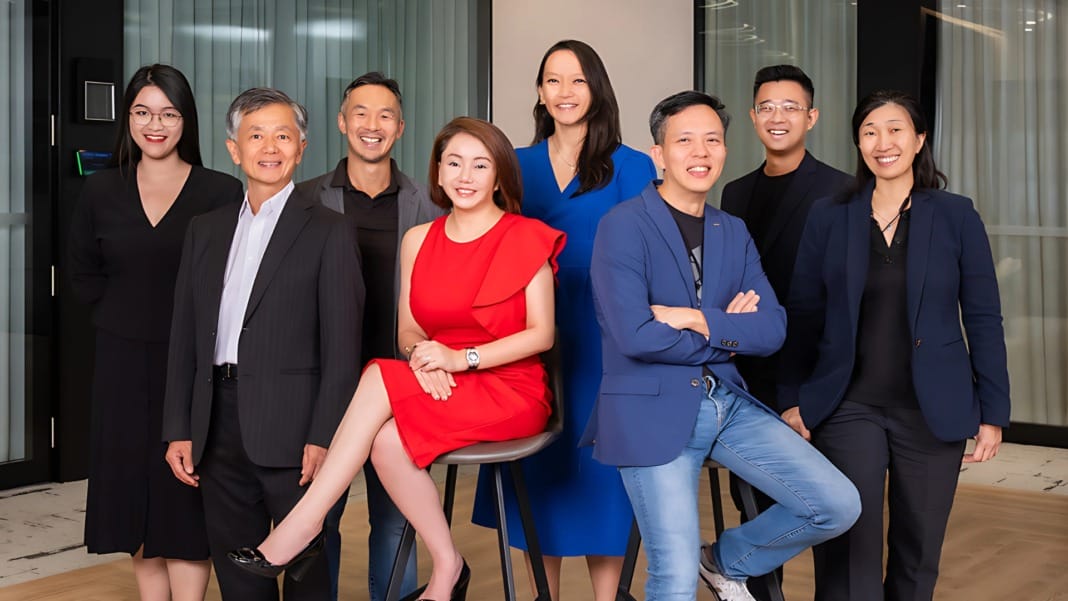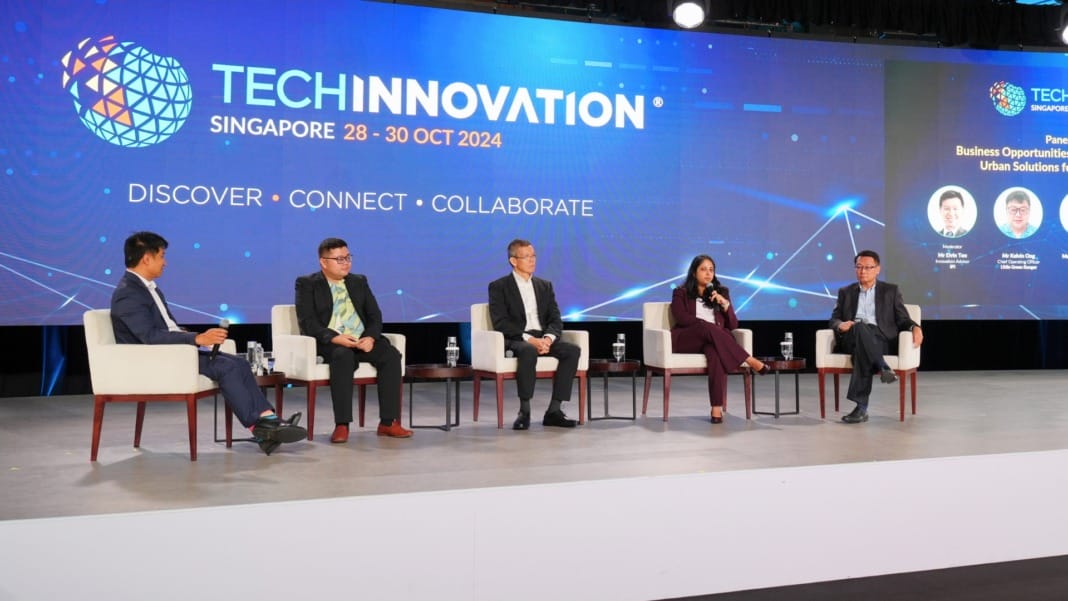A recent study by the International Workplace Group (IWG) reveals that CEOs are prioritising technology investments to maximise the benefits of hybrid work. According to the survey of over 500 CEOs, 95% have invested in new technology over the past year to enhance hybrid working. The findings also indicate that many companies are committing substantial resources, with 43% saying these upgrades represent their largest expenditure in the last year. This emphasis on technology shows a commitment to boosting efficiency and flexibility, creating a better balance for employees and productivity gains for businesses.
The study suggests that tech investments will continue, with 87% of CEOs planning to further enhance the hybrid work experience. By implementing advanced solutions, companies aim to reduce commute times and foster improved work-life balance for employees, resulting in notable health and financial benefits.
Demand for local working spaces and reduced office footprints
Employees’ desire for shorter commutes has become a major factor in the rise of hybrid work. Only 21% of workers are willing to take a job requiring more than a 30-minute commute each way, while 60% would prefer to work within 15 minutes of home. This shift away from city-centre offices towards regional or flexible co-working spaces has helped companies cut costs. Previous research found that nearly half of the CEOs surveyed (44%) have scaled back central office spaces by up to 25%, leading to reductions in energy usage and operational costs.
These savings are frequently reinvested in technology to support hybrid working. Top areas of investment include cloud solutions (62%), artificial intelligence (AI) and automation (52%), security (52%), and generative AI tools (41%). Nearly half of CEOs (46%) reported plans for substantial software investments in the coming years. Moreover, 77% view hybrid work as the future, recognising technological progress as essential for its continued adoption.
Across the Asia Pacific region, companies that have invested in technology are seeing positive outcomes. A separate study by Zoom indicated that firms are actively using AI tools, such as meeting transcription and chatbots, to streamline workflows, with 85% of APAC leaders noting that generative AI has increased workforce productivity.
Hybrid work’s impact on productivity and employee satisfaction
According to data from IWG, technology investments in hybrid working are driving both productivity and employee satisfaction. Findings indicate that 74% of employees feel more productive in a hybrid model, and 76% report greater motivation. Additionally, 85% believe that hybrid work has improved their job satisfaction.
HR professionals echo these sentiments, with 86% describing hybrid work as one of the most in-demand wellness benefits. They also report that it leads to productivity gains, with 85% noting increased output among hybrid workers.
This aligns with earlier research conducted by institutions including The Bank of England and Stanford University, showing that hybrid working adds around US$19,000 in value per workday for organisations. Led by economist Professor Nicholas Bloom, this study highlights the financial benefit of hybrid work, marking it as a significant productivity boost.
Mark Dixon, CEO of IWG, stated, “The investment that CEOs of businesses of all sizes are making in technology demonstrates the long-term commitment that companies are making to hybrid working. Advancements in the likes of generative AI, video calls and cloud computing mean it has never been easier for workforces to collaborate wherever they are and we will continue to see a permanent shift towards more localised working.”





